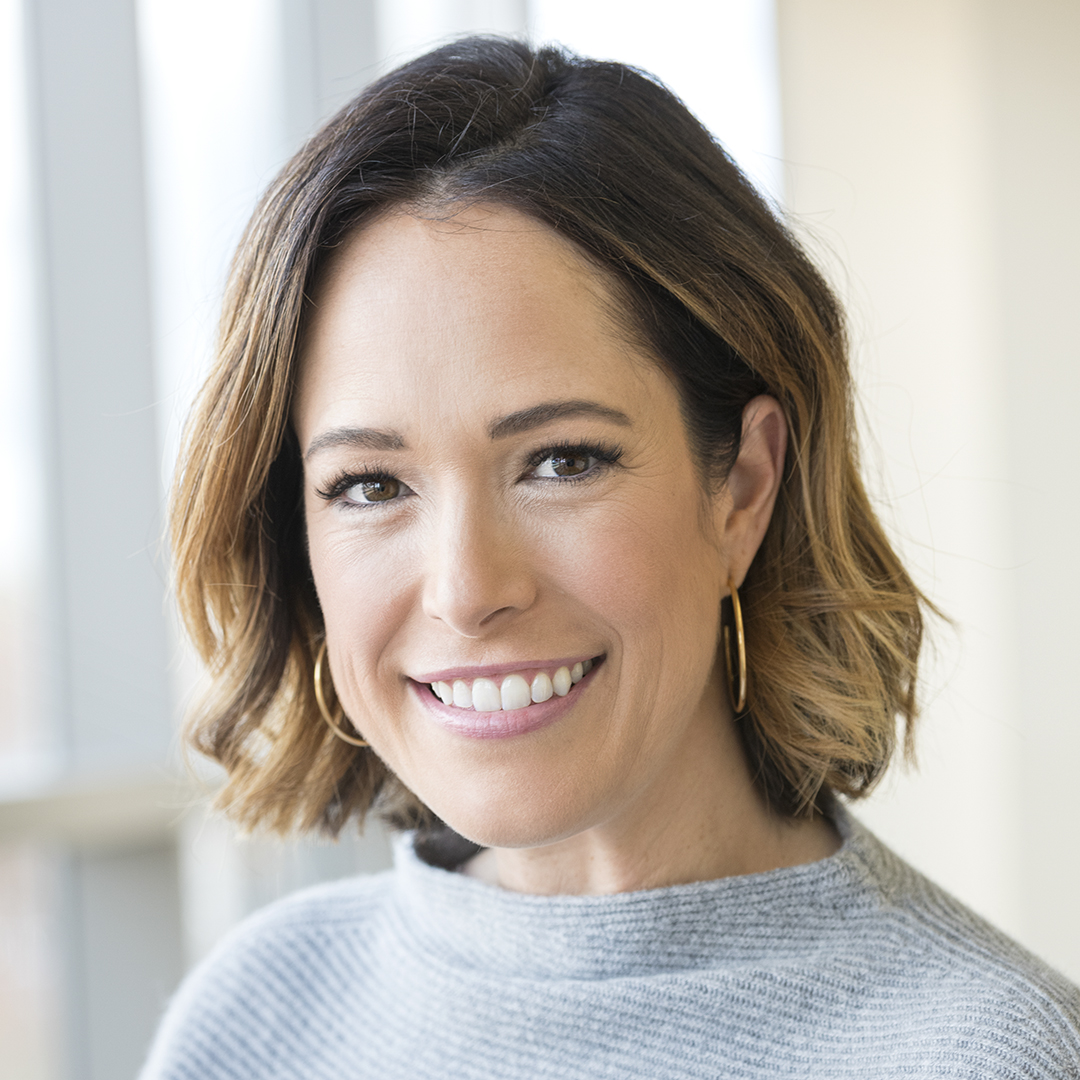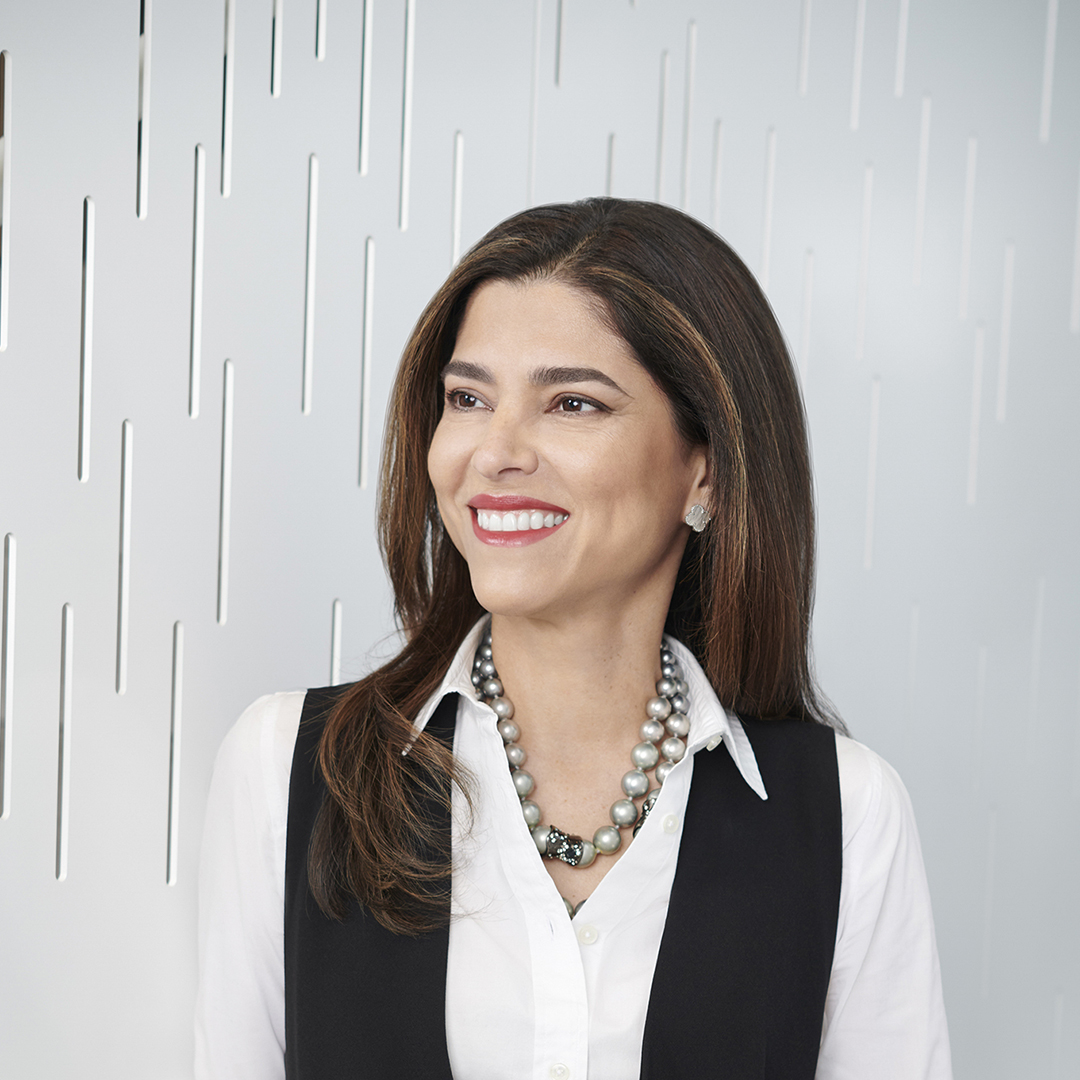|
Getting your Trinity Audio player ready...
|
The murders of George Floyd, Breonna Taylor, and countless others lit a flame in 2020 and created a sense of urgency throughout corporate America. The torch was passed from corporate CEO to CEO, giving rise to a need for more than just statements of sorrow and empathy. Professionals across industries instead demanded that their companies commit to social justice, reform, and systemic changes. Of course, these demands also came at a time when angst and turmoil were exacerbated by the deep hurt communities were experiencing due to a shared global health crisis.
For me, the day following the murder of George Floyd was anything but business as usual. As a diversity, equity, inclusion, and belonging (DEIB) professional, it was one of the most challenging and memorable days of my career, and that was mainly because my colleagues openly showed vulnerability. For the first time at work, I saw several colleagues share their personal experiences with racism. The candor and rawness of these powerful stories set off a chain reaction throughout corporate America and prompted us DEIB practitioners to take immediate action, step up our allyship, and create spaces where employees feel safe being vulnerable.
This idea of embracing vulnerability was a new concept for many of us, especially for me as a Latina. I grew up in a household where we women were taught to be strong: my mother and the other women in my family showed me that being Latina means being fierce, bold, and brave out in the workplace. To be vulnerable was interpreted as weakness and marked a person as being unable to survive in corporate environments.
Culture, Reimagined
Witnessing my colleagues show their vulnerability on that awful day redefined this mentality for me as an individual, as a professional, and as a Latina.
As a DEIB practitioner, it also meant taking a step back. How could my colleagues and I deepen our understanding of our Black communities? Experts such as author and researcher Brené Brown speak to creating psychologically safe spaces that are a necessity for courageous, authentic conversations.
Corporate leaders have also been taking stock. They understand they must prioritize DEIB to ensure accountability, sustainability, and the accomplishment of meaningful change. Continuing these courageous conversations and shifting the workplace culture are critical to achieving those goals. The truth is that companies simply can no longer expect our Black and brown communities to ignore either their human experiences or the profound effects those experiences have.
Corporations have a responsibility to their employees—and a responsibility to help drive this shift in workplace culture. Those organizations that want to be part of this movement can do so by keeping the following in mind:
- Recognize it is a journey and staff will be reticent as organizations begin to focus on creating psychological safety.
- Optimize time with teams and always carve out time for open dialogue.
- Lead by example and set the tone. Open conversations by being vulnerable and honest: Colleagues will begin to build trust and feel comfortable speaking their truth.
- Set ground rules that create safe spaces, such as practicing active listening, open mindedness, and respect.
- Be accountable and make both empathy and cultural and emotional intelligence part of the core leadership competencies (which should be included in performance reviews and 360 feedback). Along with other inclusive practices, this will affirm commitment.
- Understand there is an inherent desire for human connection, even in the workplace.
Moving Forward
In the anomaly that was 2020, recognizing and acknowledging our vulnerability began to drive true change. It has forced many to find comfort in the uncomfortable and allow themselves to become open to authentic discourse on topics such as racism and police brutality. It has transformed the way we engage and empathize with each other, which has in turn changed the bond between colleagues into a more profound and human connection. It was an awakening for countless people and organizations, and a reawakening for the broader DEIB field.
As we enter 2021, redefining the workplace culture by prioritizing inclusion and belonging will be critical to continuing these courageous conversations. All our lives have been greatly impacted in ways we never imagined: We have felt and witnessed a great deal, emotionally, physically, and mentally, and this will likely only continue throughout 2021. Processing all of these emotions has tested our resilience and patience, but it has also made us realize that we are vulnerable human beings. And that is a wonderful thing. So instead of being ashamed of our vulnerability, we must embrace vulnerability, because to be vulnerable is to be courageous.
 Jennifer Vasquez is a multifaceted, bilingual executive supporting DEI strategies in STEM. She has more than thirteen years of hands-on experience in strategic planning, business development, diversity and inclusion initiatives, change management, organizational agility, partnership development, revenue generation, project management, integrated marketing communications strategy, digital campaigns, and corporate social responsibility.
Jennifer Vasquez is a multifaceted, bilingual executive supporting DEI strategies in STEM. She has more than thirteen years of hands-on experience in strategic planning, business development, diversity and inclusion initiatives, change management, organizational agility, partnership development, revenue generation, project management, integrated marketing communications strategy, digital campaigns, and corporate social responsibility.
Vasquez holds dual bachelors and dual masters degrees in International Development and Latin American and Caribbean studies, and has been appointed to various commissions by the mayors of Miami, Washington, DC, and Los Angeles.

